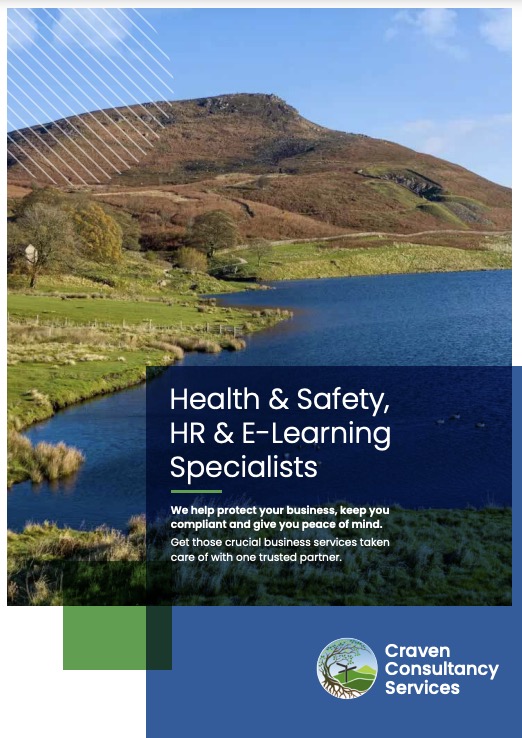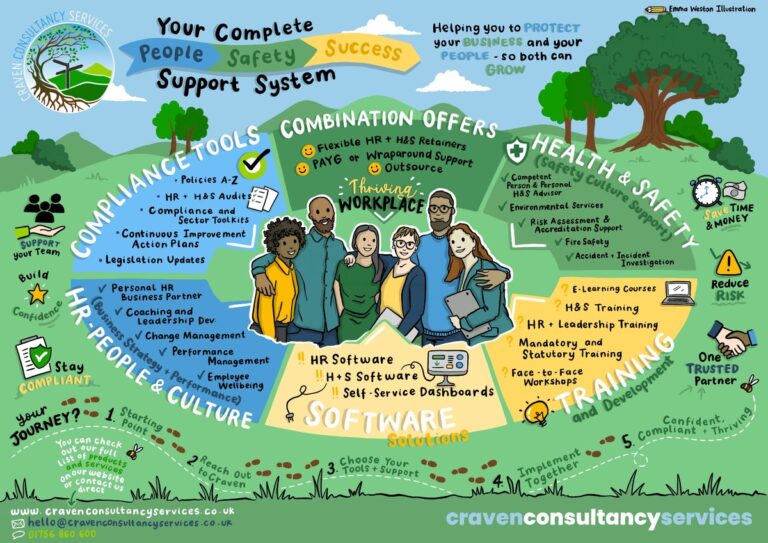Neonatal Care (Leave & Pay)
On Friday (20 January) MPs voted through the Employment (Allocation of Tips) Bill and the Neonatal Care (Leave and Pay) Bill, which will soon be debated in the House of Lords before becoming law.
The Neonatal Care (Leave and Pay) Bill will allow parents to take up to 12 weeks of paid leave in addition to other parental leave entitlements such as maternity, paternity and shared parental leave, to spend more time with their baby and delaying the requirement to go back to work if their baby is still undergoing hospital care.
If the neonatal leave bill is passed, parents of new-born babies who require hospital care would be able to take up to 12 weeks of paid leave in addition to other parental leave entitlements such as maternity, paternity and shared parental leave.
“The bill is expected to make a huge difference to families across the country who have a baby born premature or full term and sick,” she said. “It will allow them to be by their baby’s side in hospital playing a hands-on role in their care, which we know is best for babies and for families.”
The bill’s explanatory notes say that if the bill successfully completes all of its parliamentary stages in 2023 it could be implemented around 18 months after the date it passes.
The Employment (Allocation of Tips) Bill sees the creation of a new statutory code of practice which will provide employers and staff with advice on how tips should be distributed.
Workers will receive a new right to request more information about an employer’s tipping record, enabling them to bring forward a claim to an employment tribunal should they wish.
The tips bill was sponsored by Conservative MP Virginia Crosby. She said: “The overhaul of tipping practices will ensure millions of UK workers will be able to take home more of their hard-earned cash by preventing employers from withholding tips from their staff.
Many hospitality workers – a high proportion of whom are earning the national minimum wage or national living wage – rely on tipping to top up their income. But, said the Department of Business Energy and Industrial Strategy (Beis), research had shown that many businesses that added a discretionary service charge onto customer’s bills were keeping part or all of these service charges, instead of passing them onto staff.
About 80% of all UK tipping now happened by card, rather than cash going straight into the pockets of staff, said Beis. Businesses who receive tips by card currently have the choice of whether to keep it or pass it on to workers.
The legislation to be introduced will include:
- A requirement for all employers to pass on tips to workers without any deductions.
- A statutory code of practice will set out how tips should be distributed to ensure fairness and transparency.
- New rights for workers to make a request for information relating to an employer’s tipping record, enabling them to bring forward a credible claim to an employment tribunal.
- Under the changes, if an employer breaks the rules they can be taken to an employment tribunal, where employees can be forced to compensate workers, often in addition to fines.
Tipping legislation will form part of a package of measures that will provide further protections around workers’ rights.
According to the Bill’s explanatory notes, the entitlement could be introduced in 2024 or 2025. This is because HM Revenue & Customs and commercial payroll providers usually require around 18 months notice to implement changes which enable employers to administer new statutory payments.













